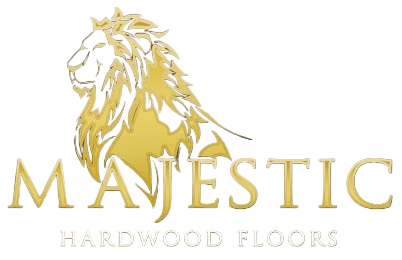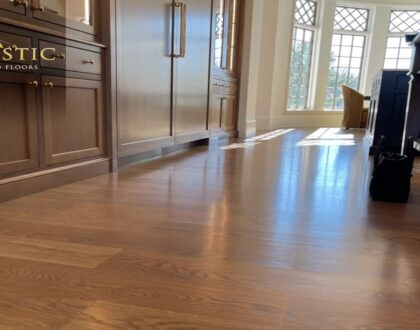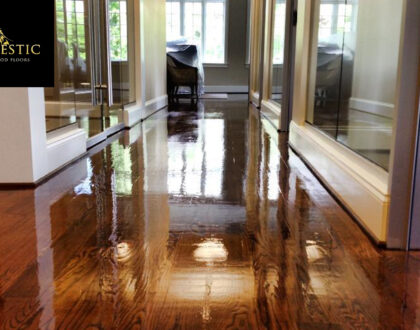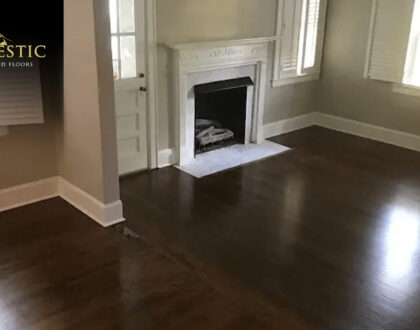Unlocking the Debate: Engineered Hardwood vs. Hardwood Flooring
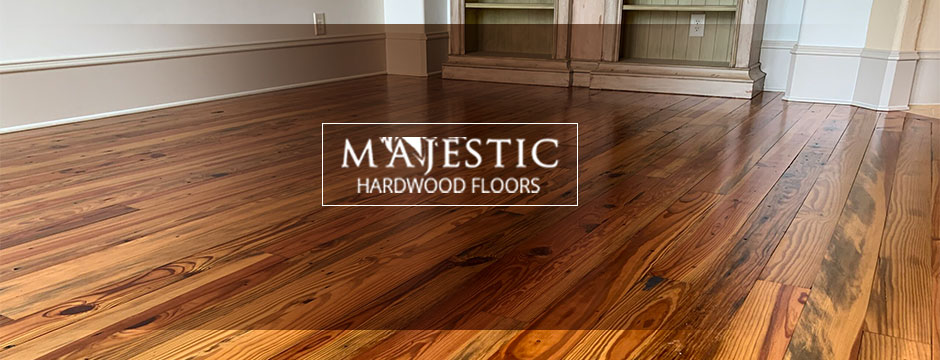
When it comes to choosing the perfect flooring for your home, the debate between engineered hardwood and traditional hardwood has been a perennial discussion. Each type brings its own set of benefits and considerations to the table. In this comprehensive guide, we will delve into the characteristics, advantages, and considerations of both engineered hardwood and solid hardwood to help you make an informed decision that aligns with your lifestyle and design preferences.
Unlocking the Essence of Engineered Hardwood: A Comprehensive Overview
What is Engineered Hardwood?
Engineered hardwood stands as a marvel in flooring innovation, meticulously crafted from layers of real wood veneer strategically stacked on top of each other. The key distinction lies in the cross-layered construction, where each layer runs in different directions. This engineering feat enhances stability, ensuring the flooring is less susceptible to the expansion and contraction typically associated with changes in humidity and temperature. This unique construction makes engineered hardwood an exceptionally versatile flooring option suitable for a myriad of environments.
Characteristics of Engineered Hardwood:
- Stability: Engineered hardwood’s inherent stability is a game-changer. It exhibits reduced susceptibility to expansion and contraction, making it an optimal choice for spaces where moisture levels may vary, such as basements and kitchens.
- Installation Options: The versatility of engineered hardwood extends to installation methods, offering flexibility in different settings. Whether you opt for floating, gluing, or stapling, the varied installation options cater to the specific needs and demands of your space.
- Appearance: Engineered hardwood, with its meticulous construction, often mirrors the natural look of solid hardwood. This replication results in a visually appealing and authentic aesthetic, providing the timeless beauty associated with traditional hardwood floors.
Advantages of Engineered Hardwood:
- Versatility in Installation: The construction of engineered hardwood allows for installation in areas where solid hardwood might encounter challenges. This versatility expands its suitability, making it a preferred choice for various spaces within a home.
- Environmentally Friendly: The environmentally conscious may find solace in the fact that engineered hardwood often utilizes less hardwood in its core. This eco-friendly approach can be considered more sustainable compared to solid hardwood, which typically requires larger amounts of hardwood.
- Cost-Effective Options: Engineered hardwood frequently comes at a more budget-friendly price point. This cost-effectiveness makes it an attractive option for individuals seeking the aesthetic allure of hardwood without the potentially higher costs associated with solid hardwood.
Considerations with Engineered Hardwood:
- Wear Layer Thickness: When contemplating engineered hardwood, the wear layer thickness is a crucial consideration. Opting for a thicker wear layer not only enhances durability but also provides more opportunities for refinishing in the future, ensuring the longevity and adaptability of your flooring investment.
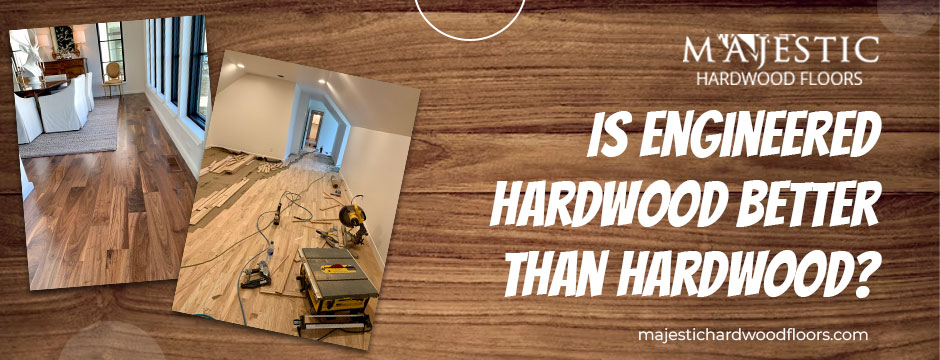
Exploring the Timeless Elegance of Solid Hardwood: A Comprehensive Overview
What is Solid Hardwood?
Solid hardwood stands as a testament to craftsmanship, meticulously crafted from a single piece of wood. This traditional flooring option showcases the inherent beauty and character of the chosen wood species. Cherished for centuries, solid hardwood exudes a timeless and classic appeal, becoming a symbol of authenticity and luxury in interior design.
Characteristics of Solid Hardwood:
- Authenticity: The hallmark of solid hardwood lies in its authenticity. Each plank embodies the luxurious feel derived from the composition of a single wood species throughout, providing a genuine and rich aesthetic.
- Refinishing Potential: Solid hardwood offers a unique advantage with its remarkable refinishing potential. Over its lifespan, it can be sanded and refinished multiple times, allowing for rejuvenation and adaptation to changing design trends. This capability ensures that your flooring remains adaptable and enduring.
- Longevity: When properly maintained, solid hardwood has the potential to last for generations, becoming a lasting investment in your home. The durability and resilience inherent in solid hardwood contribute to its reputation as a flooring choice that stands the test of time.
Advantages of Solid Hardwood:
- Timeless Aesthetic: The authentic charm and timeless appeal of solid hardwood contribute to creating a warm and inviting atmosphere in any space. Its aesthetic allure becomes a focal point, elevating the ambiance of your home.
- Increased Home Value: Solid hardwood flooring is often considered a premium feature, significantly contributing to the overall value of a home. Its association with quality and luxury enhances the desirability of the property.
- Customization: Homeowners enjoy the freedom to customize stain colors and finishes with solid hardwood. This personalization aspect allows for the achievement of a unique and personalized look that aligns with individual preferences and interior design themes.
Considerations with Solid Hardwood:
- Susceptibility to Moisture: Solid hardwood, by nature, is more susceptible to moisture-related issues. This characteristic makes it less suitable for environments with high humidity or moisture fluctuations. Proper care and maintenance are essential to mitigate potential moisture-related challenges.
- Installation Constraints: Solid hardwood requires a stable and flat subfloor and is typically nailed or stapled down during installation. While this ensures a secure and durable flooring foundation, it may limit installation options compared to engineered hardwood. Careful consideration of the subfloor conditions is crucial.
- Cost Considerations: Solid hardwood is often perceived as a premium flooring option, reflecting in its higher price point compared to engineered hardwood. While it contributes to the overall value of the home, individuals should consider their budget constraints when embarking on a flooring project.
Making an Informed Decision:
Factors to Consider:
- Budget: When embarking on a hardwood flooring journey, budget considerations take center stage. If financial constraints are a primary consideration, engineered hardwood emerges as a pragmatic choice. It provides a more cost-effective option while retaining the aesthetic allure associated with hardwood flooring. This allows homeowners to achieve the timeless beauty of hardwood within their budgetary constraints.
- Environment and Location: The suitability of hardwood flooring is intricately tied to the environment and location within your home. For areas susceptible to moisture or humidity fluctuations, such as basements or kitchens, engineered hardwood emerges as the practical choice. Its inherent stability and resistance to the effects of varying moisture levels make it a durable and resilient flooring option in environments where traditional solid hardwood might face challenges.
- Long-Term Vision: Your long-term vision for your space plays a pivotal role in the hardwood flooring decision-making process. If the vision involves creating an ambiance of timeless elegance, authenticity, and customization, solid hardwood stands out as the ideal choice. The ability to sand and refinish solid hardwood multiple times over its lifespan ensures adaptability to changing design trends, contributing to a flooring solution that stands the test of time.
Conclusion:
In the debate between engineered hardwood and solid hardwood, there is no one-size-fits-all answer. Both options bring distinct advantages to the table, and the ideal choice depends on your unique requirements and preferences. Whether you prioritize stability, cost-effectiveness, or the timeless allure of authentic hardwood, understanding the characteristics of both options equips you to make an informed decision that aligns with your vision for the perfect flooring in your home.
